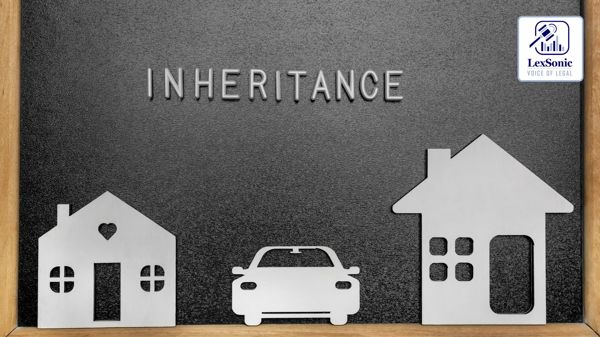Second Marriage Bars Son's Inheritance Rights: Supreme Court Ruling.
09 April 2024
Hindu Succession Act >> Inheritance
The Supreme Court of India recently settled a property dispute between uterine brothers in a case titled Thiyyer Kunnath Meethal Chandu vs Sankaran and Others.
Background:
Chandu, the plaintiff, sued his half-brother Sankaran for partition of a property. Chandu claimed inheritance rights through his mother, Chiruthey, who had been married twice. Sankaran was the son of Chiruthey from her first marriage to Madhavan.
Key Documents:
- A mortgage deed (Ext. B1) executed in 1900 by Madhavan and his mother, Nangeli, on the disputed property.
- A lease deed (Ext. A-20) executed in 1910 by Chiruthey, Nangeli, and Sankaran, leasing the property.
- A back-to-back lease deed (Ext. A-1) executed on the same day in 1910, leasing the property back to Chiruthey and another individual, Kuttiperavan.
- A deed of surrender (Ext. A-2) executed in 1925 by Kuttiperavan, surrendering his rights to Chiruthey and Sankaran.

Court's Reasoning:
The crux of the case hinged on the Hindu Widows' Remarriage Act, 1856. Chiruthey's second marriage extinguished her rights to her deceased first husband Madhavan's property. While the 1910 lease deed (Ext. A-20) by Chiruthey, Nangeli, and Sankaran remained valid, Chandu could not inherit any claim through it as he was born after Chiruthey's remarriage.
Further, the lease between Chiruthey and Kuttiperavan (Ext. A-1) only granted temporary rights for twelve years and did not translate into ownership for Chiruthey.
Court's Decision:
The Supreme Court ruled in favor of Sankaran, dismissing Chandu's claim. The court emphasized that Chandu lacked any inheritable rights due to his mother's remarriage and the limited nature of the lease she held.
